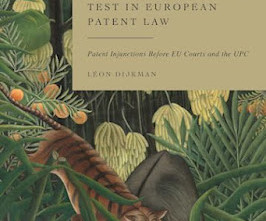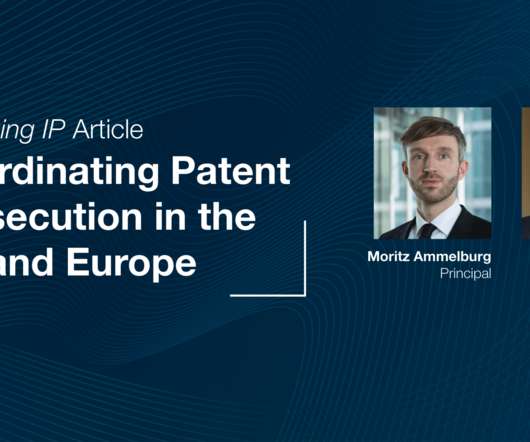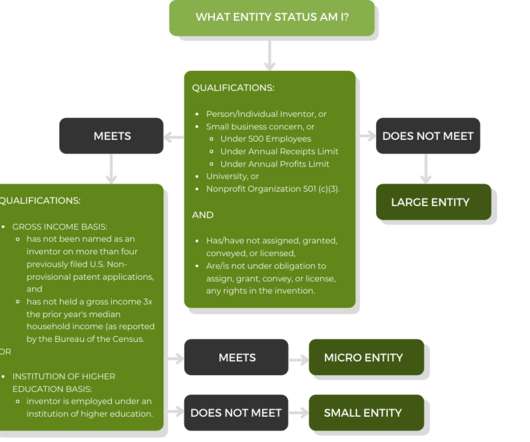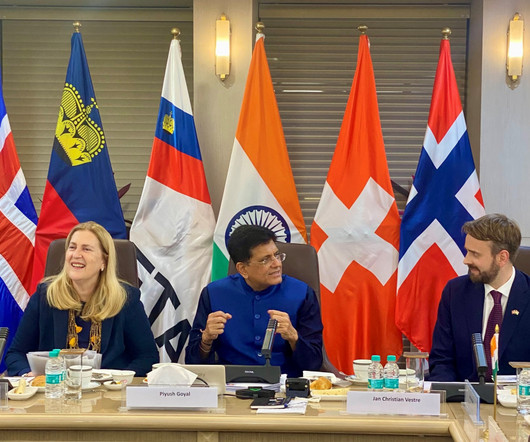[Guest post]: The proportionality test in European patent law
The IPKat
DECEMBER 11, 2023
Injunctions are all the rage in contemporary patent law. This week marks the publication of a book by the IPKat’s Dutch friend and former GuestKat Léon Dijkman on the hotly contested notion of the proportionality test in European patent law, accessible for free here. Oh, how times have changed.













Let's personalize your content